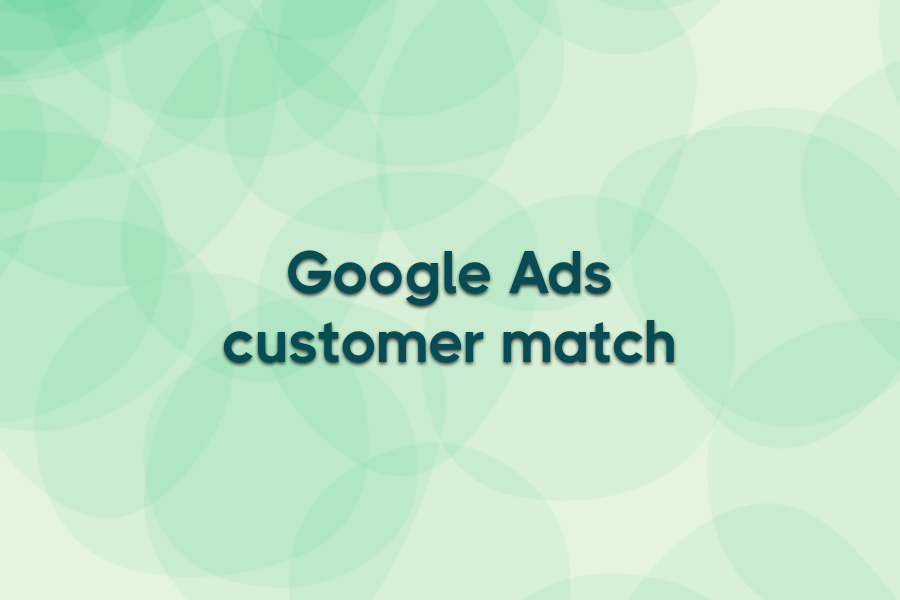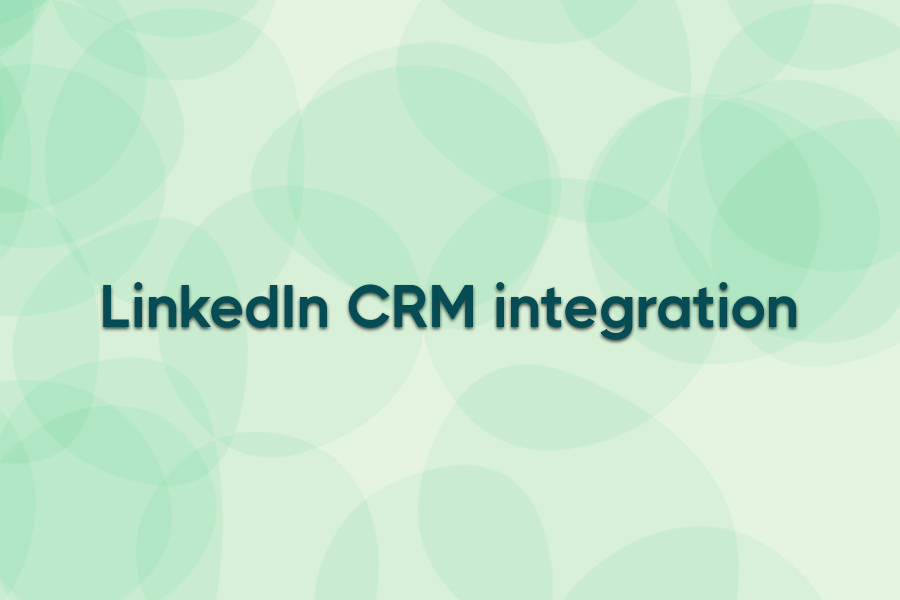This comprehensive guide covers the essential strategies for digital marketing agencies to excel with Facebook ads. With increasing digitalization, mastering Facebook’s advertising tools is crucial for agencies looking to effectively promote client brands and grow their own business. This article explores strategies from ad creation and targeting to budget structuring and client acquisition, offering actionable insights to enhance your agency’s ad performance.
Why Facebook ads are essential for digital marketing agencies
Facebook ads offer digital marketing agencies a powerful platform to reach and engage targeted audiences. With billions of active users globally, Facebook enables agencies to tap into a vast audience base while using precision tools to ensure the right people see their message. By designing targeted campaigns that leverage ad optimization and audience targeting, agencies can engage specific demographics, interest groups, and even behavioral segments. This level of customization maximizes ad effectiveness, allowing tailored messages that resonate deeply with target audiences.

Facebook’s advanced algorithms further support agencies by analyzing engagement patterns, preferences, and browsing behaviors, which helps refine targeting based on data-driven insights. This means agencies can reach individuals more likely to convert, boosting client satisfaction and campaign ROI. For agencies, a well-executed Facebook ad strategy becomes a cornerstone of both client acquisition and retention.
Promoting client businesses
Promoting client brands is a primary function for agencies, and Facebook ads allow agencies to showcase unique selling points that attract customer interest. This requires developing campaigns that clearly communicate the client’s value proposition through attention-grabbing visuals, compelling copy, and clear CTAs. For example, an ad promoting a client’s eco-friendly product line could highlight environmental benefits to appeal to environmentally-conscious users.
Using retargeting capabilities, agencies can re-engage users who previously interacted with the client’s brand but didn’t convert. Retargeting ads can remind these potential customers of products left in their carts, special offers, or new product launches, encouraging them to take action. This sustained visibility builds brand recognition over time, which can be instrumental in nurturing leads toward conversion and fostering brand loyalty.
Real-time performance analysis is another crucial component. By tracking metrics like conversion rates and engagement levels, agencies can make immediate adjustments, such as modifying the ad copy, targeting, or budget allocation to enhance results and optimize the client’s investment.
Showcasing your own agency
Facebook isn’t only valuable for promoting clients; it’s also a powerful tool for marketing the agency itself. Through ads that showcase successful campaigns, case studies, or customer testimonials, agencies can build a portfolio that demonstrates their effectiveness. Sharing metrics like increased engagement, conversions, or ROAS can give potential clients a clear picture of the agency’s capabilities.
Creating branded content—such as tips on digital advertising, case studies of successful client projects, or behind-the-scenes glimpses of campaign strategy—can position the agency as a thought leader in digital marketing. Such content, especially when engaging ad formats like video and carousel are used, builds rapport and fosters trust with potential clients. This approach not only enhances the agency’s visibility but also attracts interaction, allowing the agency to build a community of engaged followers who may become future clients.
Top strategies for acquiring clients for a Facebook ad agency
Acquiring clients can be challenging, but by using a structured approach, agencies can build a consistent pipeline of potential customers. The following strategies can help agencies attract clients and foster lasting relationships.

1. Generate referrals with ease
Referral marketing remains one of the most effective strategies for acquiring new clients. Offering incentives, such as discounts or special offers, encourages existing clients to refer your services to others. Positive word-of-mouth referrals leverage the trust that satisfied clients have in your agency, making referrals more likely to convert.
Developing a structured referral program with clear benefits and easy steps for participation streamlines the process, encouraging satisfied clients to act as brand advocates. Over time, these referrals can create a network of satisfied clients who share positive experiences on social platforms, downloading Facebook leads and reinforcing credibility.
2. Highlight positive customer reviews
Highlighting positive client reviews and testimonials on both your website and Facebook ads can enhance credibility and persuade prospective clients. For example, incorporating direct quotes from clients about how your agency helped them reach their KPIs can serve as a powerful validation.
Integrating storytelling within ads based on success stories personalizes the content and builds an emotional connection with viewers. Video testimonials can be especially effective, as they allow potential clients to hear genuine feedback directly from satisfied customers. By showcasing results-driven narratives, agencies can inspire confidence in potential clients and establish themselves as a reliable option.
3. Network with complementary businesses
Networking with other businesses that offer complementary services, such as web design, SEO, or branding, allows agencies to form valuable partnerships. These relationships often lead to reciprocal referrals, creating a wider network of prospective clients.
Collaborative initiatives, such as co-hosted webinars, guest blog posts, or joint content marketing campaigns, provide a platform to showcase expertise while reaching new audiences. Such collaborations not only enhance visibility but also offer potential clients a one-stop-shop for integrated services, which can be highly appealing and differentiate the agency in a crowded market.
Structuring Facebook ad costs for agencies
Proper budgeting is essential for managing Facebook ad costs and ensuring both agency profitability and client satisfaction. A transparent pricing model allows agencies to balance expenses with client expectations, creating a clear and trusted working relationship.

1. Understanding Facebook ad expenses
Understanding how Facebook ad costs vary by factors such as audience targeting, ad placement, and competition is crucial for creating effective budgets. Agencies should consider metrics like cost-per-click (CPC) and cost-per-impression (CPM) to gauge costs accurately.
Monitoring ad performance through real-time data helps refine budgets and spending decisions. By analyzing which ads perform well, agencies can reallocate budgets to the best-performing segments, optimizing overall ad spend. Familiarity with Facebook’s auction system and its impact on ad costs further enhances the agency’s ability to maximize the client’s return on investment.
2. Billing clients based on performance metrics
A performance-based billing model links client investment directly to measurable outcomes, such as leads generated or conversion rates. This transparency ensures clients are aware of the tangible results, fostering trust and long-term collaboration.
For agencies, tying fees to performance encourages a focus on high-impact strategies and promotes accountability. A tiered structure, where agencies are incentivized to exceed KPIs, can also enhance revenue potential and strengthen client relationships by emphasizing shared success.
3. Setting clear budget expectations
Discussing budget expectations with clients at the outset of each campaign minimizes misunderstandings and ensures alignment with goals. Providing clients with a detailed breakdown of expenses, including ad optimization and audience segmentation costs, builds trust in the agency’s approach.
Offering tiered budget options can help clients understand how different investment levels impact reach and effectiveness. Regular budget reviews, adjusted based on campaign data, ensure that the strategy remains aligned with the client’s evolving objectives.
Effective Facebook ad tips for digital marketing agencies
Implementing key strategies in Facebook ad content, targeting, and automation helps agencies deliver successful campaigns. These tactics can significantly improve results for both the client and the agency.

1. Optimizing ad content
High-quality content is essential for drawing in users. Engaging visuals, compelling copy, and persuasive calls-to-action create ads that stand out in users' feeds. Experimenting with formats and testing variations regularly prevents ad fatigue and keeps content fresh.
User-generated content can be particularly powerful, adding authenticity to ads. By sharing stories or testimonials from real customers, agencies foster trust and build a stronger connection with the audience. Storytelling techniques that align with the client’s brand can further boost engagement, leading to higher click-through rates and conversions.
2. Leveraging Meta’s targeting capabilities
Meta’s sophisticated targeting options allow agencies to define audience segments based on demographics, behaviors, and interests. By using advanced segmentation, agencies ensure that each ad reaches its ideal viewer, improving conversion rates and client satisfaction.
Leveraging features like lookalike audiences expands reach by connecting with users similar to existing customers. Continual targeting adjustments based on engagement metrics keep the campaigns relevant, boosting overall performance and helping clients reach new, high-converting markets.
3. Setting up automation for efficient data management with Ads Workbench
Effective data management is critical for digital marketing agencies looking to maintain and leverage the real-time accuracy of leads and audience data, especially when syncing Facebook lead ads to Google Sheets for easier access and tracking. Ads Workbench offers a suite of automation tools that support various Facebook business integrations, helping agencies streamline the flow of customer information and optimize campaign effectiveness. This automation minimizes manual input, allowing agencies to focus on strategic decision-making instead of data transfer tasks. By automatically syncing CRM and lead data in real-time, Ads Workbench creates a seamless bridge between the ad data and audience updates. The impact of this automation is substantial, as agencies can more accurately and immediately engage leads, ensuring a faster response time and tailored communication.
Synchronizing data seamlessly
With Ads Workbench’s lead sync feature, aagencies can automate the transfer of lead information from Facebook ads directly to their CRM in real-time. Whether you’re connecting Facebook Lead Ads to Salesforce or another CRM, this instant sync enables quicker follow-ups, maximizing engagement and minimizing the risk of missed opportunities. By eliminating manual data entry, it also reduces errors, ensuring a clean and organized lead database that supports seamless nurturing and conversion processes.
Additionally, the lead sync functionality structures data for easy segmentation within the CRM. Agencies can categorize leads by characteristics or behavior, empowering them to create tailored follow-ups. This organized data flow leads to more effective, personalized outreach, fostering stronger relationships and guiding leads efficiently through the marketing funnel.
Crafting more targeted campaigns
Ads Workbench’s custom audience sync allows agencies to automate updates to Facebook Custom Audiences, a key part of effective Facebook lead automation, ensuring that ads always reach the most relevant audience segments. As CRM data updates, this feature dynamically adds or removes individuals, making campaigns more precise and increasing engagement through well-timed targeting. This automated approach keeps audiences fresh, optimizing ad spend by focusing on the right people at the right time.
Furthermore, continuous updates to Custom Audiences enhance retargeting efforts and lookalike audience creation. Agencies can reach users who recently engaged with similar products or services, strengthening the campaign’s impact. By maintaining an up-to-date audience list, Ads Workbench helps agencies target with accuracy, improving both engagement and ROI.
Closing insights
Running Facebook ads provides digital marketing agencies with invaluable tools for acquiring and managing clients. By implementing the right strategies—like understanding ad costs, crafting optimized ad content, targeting effectively, and leveraging automation—agencies can create sustainable growth in a competitive digital landscape. Real-time data analysis allows for responsive adjustments, ensuring each campaign reaches its full potential and delivers a high return on investment (ROI) for clients.
As digital marketing evolves, agencies that continuously learn about and adapt to new Facebook advertising features will remain competitive. Building strong client relationships through transparent communication on campaign performance and results further establishes the agency's credibility and trustworthiness. Staying ahead of the curve with advanced ad strategies ensures long-term success in client acquisition and retention.
Ready to elevate your digital marketing agency's Facebook ad campaigns to the next level? Discover the power of Ads Workbench, your ultimate tool for seamless leads synchronization and custom audience optimization. With our innovative platform, you can instantly connect lead generation ads with your CRM or email marketing systems, ensuring real-time lead delivery and timely opt-in offers. Plus, maintain your custom audiences on autopilot, enhancing ad performance by targeting the most relevant groups. Don't miss out on these game-changing capabilities. Sign up for a free trial today and transform your Facebook advertising strategy!








